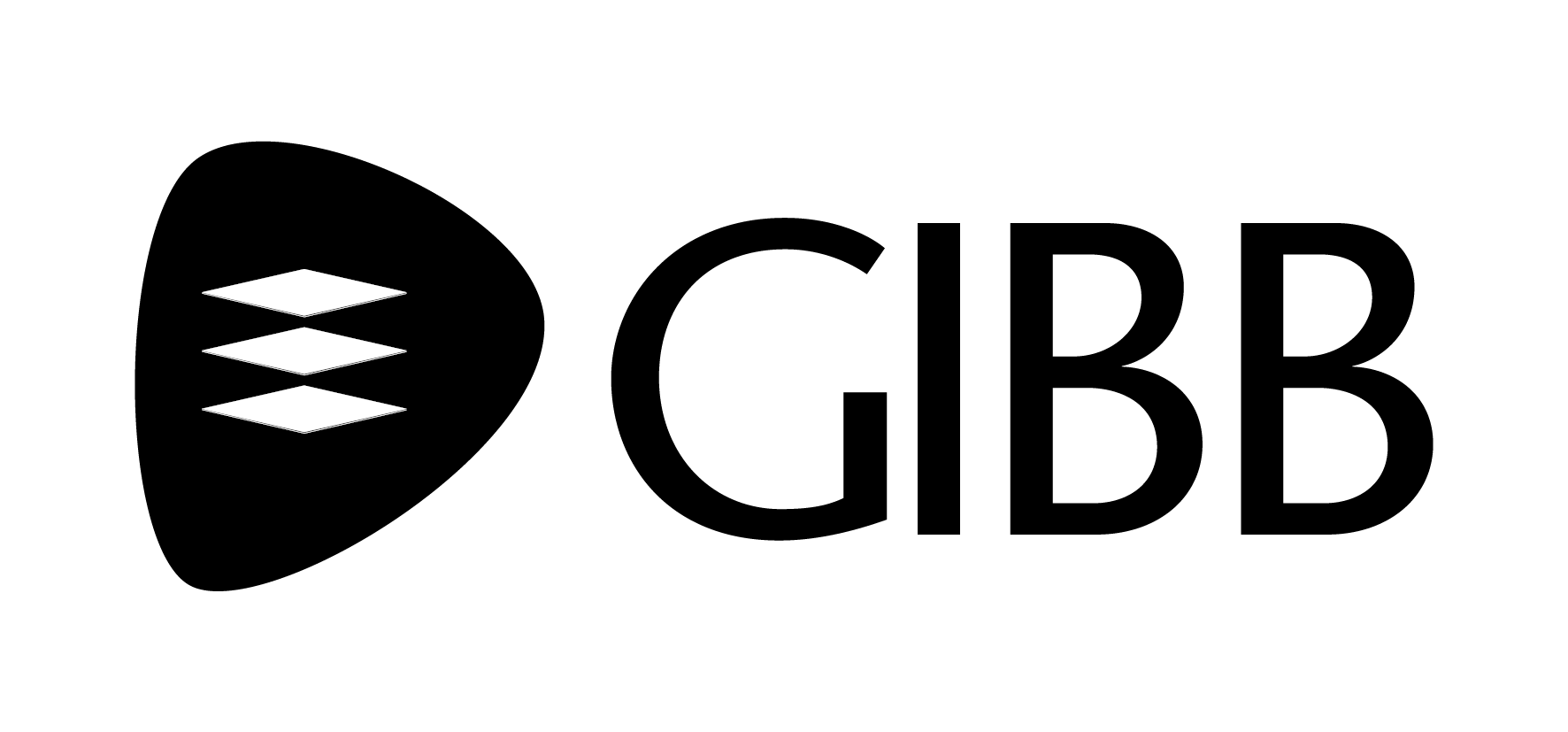Greater support for water sector’s female entrepreneurs
Providing support to upskill female entrepreneurs in the water sector is being is one of GIBB Engineering’s latest commitments.
The company recently signed a memorandum of understanding with the South African Water Research Commission (WRC) to develop a group of women water entrepreneurs.
GIBB said the memorandum was a commitment to assist in the support, upskilling and development of five water-industry businesswomen as part of the Women in Water Incubation Programme.
This programme was launched by the Department of Water and Sanitation a year ago, with the Water Research Commission as the implementing agent.
“GIBB is driven by the spirit of Ubuntu, the belief that we are where we are because of how we help others,” GIBB group CEO Richard Vries said. “This programme is not about what GIBB offers, it’s about what each of these entrepreneurs takes away from GIBB and converts to something bigger.”
Increasing inclusivity of female-owned businesses
Approximately R300 million has been spent on outsourcing work to companies, and about R100 million to companies that were mostly black owned. However, less than R20 million had gone to female-owned businesses.
“Clearly more needs to be done,” he said. “We can do that by drawing more women-owned businesses into the business field, and this incubation programme gives us that opportunity. By empowering these businesses, we create partnerships that will benefit both of us in a quid pro quo relationship.”
Female entrepreneurs
In line to benefit from the incubation programme is chemical engineer Palesa Mkabane, quantity surveyor Leba Mashao, civil engineers Adie Vienings and Refiloe Lesufi, and architect Mpumi Nzuza.
“We salute GIBB and the WRC for providing us with such an opportunity,” Mkabane said. “We now see GIBB as our big brother and we’re excited to be embarking on this journey with a multinational firm and learning from them.”
“Our passion for water is one of the reasons we are entrepreneurs and we want to support the government and municipalities with current and future water crises,” she added. “We want to bring our passion and skills to our local communities and assist them with water management.”
Mkabane also said that as an engineering specialist, she was looking forward to learning about the practical side of entrepreneurship — human resources, procurement and business development.
“This is an exciting day for us,” said WRC CEO Dhesigen Naidoo. “Women are the watershed in society and the rest of us are downstream beneficiaries. We need to transform our sector to optimise this relationship, and when firms like GIBB stand up to support this, we are heading in the right direction.”
The incubation programme was launched as a component of the Women in Water Empowerment programme. Some of the key objectives of this programme are to create a supportive development environment for female entrepreneurs, upskilling them in management and ultimately producing independent, sustainable water and sanitation enterprises.
GIBB said it aims to instil 90 women in the programme, from all nine provinces. Of these, 45 are enlisted in the entrepreneurship incubator project and the other 45 in a mentorship project.




